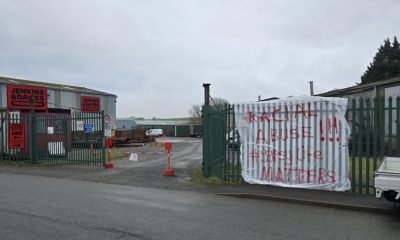Farming
Is there a way to Brexit-proof your business?
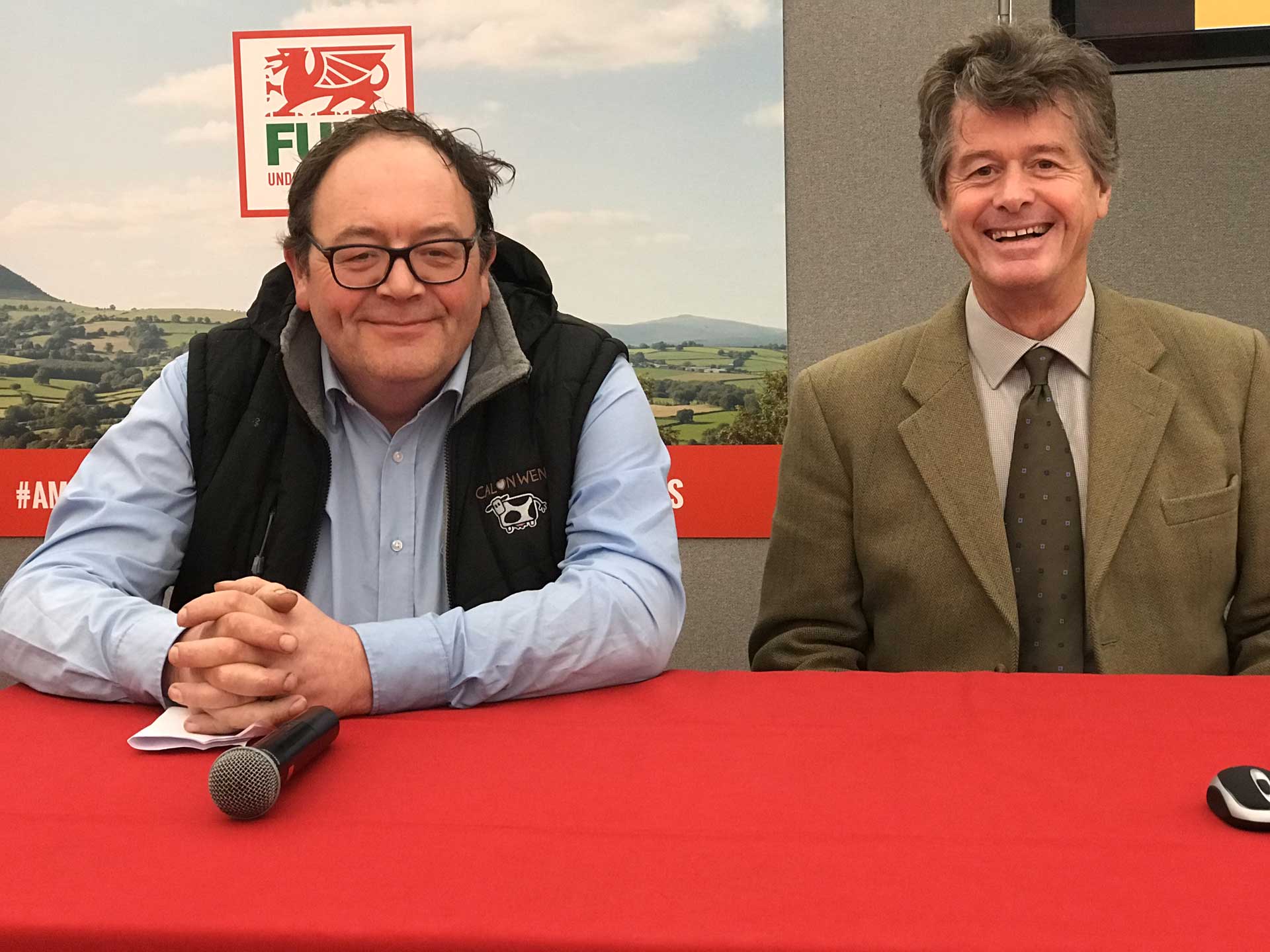
A SEMINAR organised by the Farmers’ Union of Wales has provided an opportunity for Welsh dairy farmers to come together and air their views on a recently published AHDB paper which outlines the need for ‘optimal dairy systems’ in the British dairy sector.
Leading the discussions at the Welsh Dairy Show was Gwyn Jones, AHDB dairy board chairman, who highlighted the likelihood the industry will be open to more competition, less support and increased volatility in the future. He emphasised that there will be opportunities too, since the UK was an ideal country for producing milk, due to the climate, structure and the fact that there were good farmers in the sector.
In his talk, he stressed that the way forward for the sector was to be inspirational, efficient and prepare for the future.
He discussed AHDB’s recently published approach focusing on two systems – block calving where all cows calve within a 12-week window and All year round calving with no seasonal emphasis on calving.
“Block calving herds typically have lower overall costs of production, can be simpler to operate and can have lifestyle benefits, depending on land suitability, housing and location.
“The best AYR producers can achieve production costs comparable with block-calving and higher output can bring greater income. But the system can bring complexity making it harder to spot weaknesses in performance,” said Gwyn Jones.
“In Britain, over 80% of dairy farmers identify themselves as all-year-round calvers. This raises a question as to whether this is a conscious decision based on every farmer deciding what is the best system for them, or whether the system has just evolved.”
He emphasised that all production systems could be profitable and could work well, but the important issue was to attain a balance of production from all herds across the sector, in order to meet buyer and processor requirements.
“Many processors desire a relatively flat milk production profile from their milk pool; this does not mean that all farms should have the same production profile but rather that the collective profile needs to be flat.
“This could mean a balance between spring and autumn calving herds. A joined up industry approach would offer flexibility to farmers, whilst still meeting the needs of the processors,” said Gwyn Jones.
Comparing the relevant cost of production and margins achieved from each of the systems he highlighted that according to AHDB, spring calving herds typically achieved an extra margin of 2.4 pence per litre (ppl) above year-round calvers. For autumn calvers this was 1.3ppl.
He stressed that irrespective of the chosen system, all farmers should concentrate their business analyses on the full economic cost of production, the return on capital and the profit retained.
AHDB is changing its delivery to showcase and highlight what the best performers are doing under either system and identify the KPIs that are critical to performance.
Additional strategic dairy farms are being recruited to demonstrate best practice and encourage farmer to farmer learning. Farmbench will be rolled out to the dairy sector in the New Year to help farmers understand and compare their full costs of production at both enterprise and whole-farm level.
“We are asking farmers to approach 2019 with their eyes open. The choice of system is down to individual farmers, but what is important is that they understand their current system, hold a mirror up to themselves and make a conscious decision on which system is optimal for them,” said Gwyn Jones.
Responding to the suggestion that the dairy sector should review its systems and management style in order to prepare itself for potential Brexit problems, was FUW Milk and Dairy Produce Committee Chairman Dai Miles.
“Before we change our dairy systems and increase our production, we need to have greater processing capability in Wales. The latest Welsh Government-commissioned report on processing in the Welsh dairy sector concludes that processing expansion should be ‘more of the same’ which means more low-value cheese production – that attitude is at best disappointing and not in the slightest innovative.”
Farming
Natural Resources Wales urges farmers to follow safe slurry spreading rules

NRW is reminding farmers across Wales to take key steps to prevent pollution as the organic manure spreading season re-opens.
During the autumn and winter “closed periods”, restrictions were in place to stop slurry and other high-nitrogen manures being spread, helping reduce the risk of agricultural pollution.
Grassland spreading can resume from Thursday (Jan 16), with spreading on tillage land re-opening on Friday (Jan 31). However, NRW said a number of controls under the Control of Agricultural Pollution Regulations (CoAPR) will remain in force until the end of February.
Those restrictions include limits on application rates — no more than 30m³ of slurry per hectare, or eight tonnes of poultry manure, in a single application — with at least three weeks required between applications.
Before spreading organic manure, producers must also carry out field inspections to assess weather and soil conditions, slope, ground cover and proximity to watercourses, to help reduce the risk of runoff.
Farm businesses are expected to plan and record all applications in their Nitrogen Management Plan to ensure nutrients match soil and crop need and remain within nitrogen limits.
Spreading is prohibited on waterlogged, flooded, snow-covered or frozen ground — including soil that has been frozen for more than 12 hours in the previous 24 hours.
NRW said its teams will continue to support farmers while monitoring compliance.
Simon Griffiths, team leader of NRW’s Agricultural Pollution Inspection Team, said: “As the closed periods come to an end, we want to remind farmers, tenants, landlords and contractors of the restrictions which remain in place until the end of February.
“This means anyone considering spreading organic manure needs to ensure the conditions are suitable before work starts.
“NRW is committed to protecting the environment and any instances of pollution will be investigated and appropriate enforcement action taken.”
NRW is urging farmers and members of the public to report pollution incidents immediately via its online “report it” form or by calling 0300 065 3000.
Business
Redevelopment scheme at Castle Villa farm to be considered
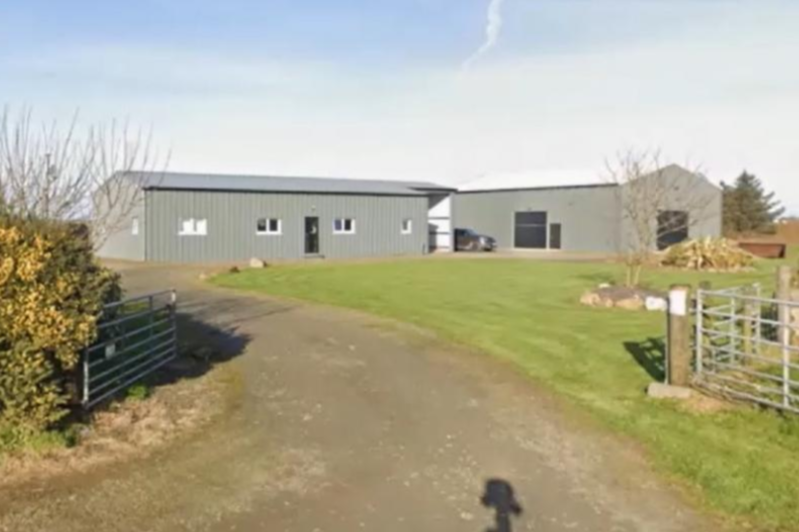
A PREVIOUSLY refused call for the relocation of a Pembrokeshire farm diversification scheme which packages and distributes specialist medical equipment across Europe will be decided by full council after being backed a second time by councillors.
In an application recommended for refusal at the January meeting of Pembrokeshire County council’s planning committee, Mr Van Der Spoel sought permission for the relocation and expansion of an existing farm diversification business into an existing agricultural building at Castle Villa, Hayscastle.
It had previously been recommended for refusal at the December meeting, but members went against the officer recommendation with a ‘minded to’ approval, meaning it returned to the January meeting after a ‘cooling off’ period.
Back in July a similar application by Mr Van Der Spoel, through agent Harries Planning Design Management, was refused by planning officers.
A supporting statement for that application said the Dutch-born applicant, together with his wife and adult daughter ran the farm diversification business packing specialist medical insulated insulin supplies at their 135-acre sheep farm.
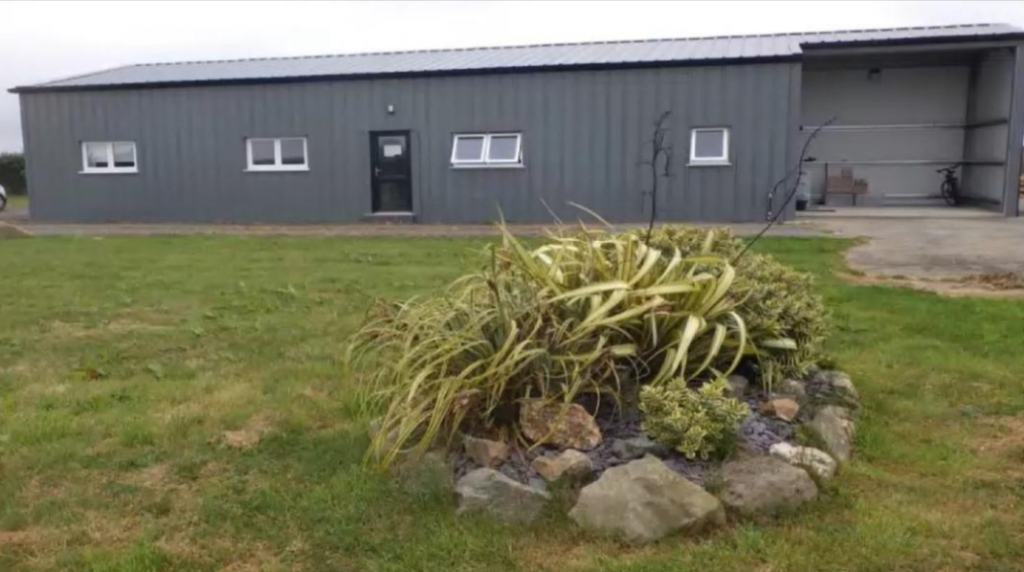
It added: “The business run from this site is FRIO ASTRID EURO Ltd, which has a franchise agreement with FRIO UK. This business has been run from Castle Villa since its incorporation in 1998. The business was initially run from the stable building on the farmyard at Castle Villa.
“The business set-up involves receiving stock from FRIO UK in Wolfscastle, packaging orders and distributing the stock to seven Western Europe countries.”
Wolfscastle-based FRIO produces the world’s first patented insulin cooling wallet which keeps insulin and other temperature-sensitive medicines cool and safe.
The scheme for the business, said to have outgrown its current site, was refused by county planners on grounds including a lack of “robust evidence” to prove it couldn’t be sited within a nearby settlement or an allocated employment site, such as Haverfordwest.
The latest application is recommended for refusal on similar grounds.
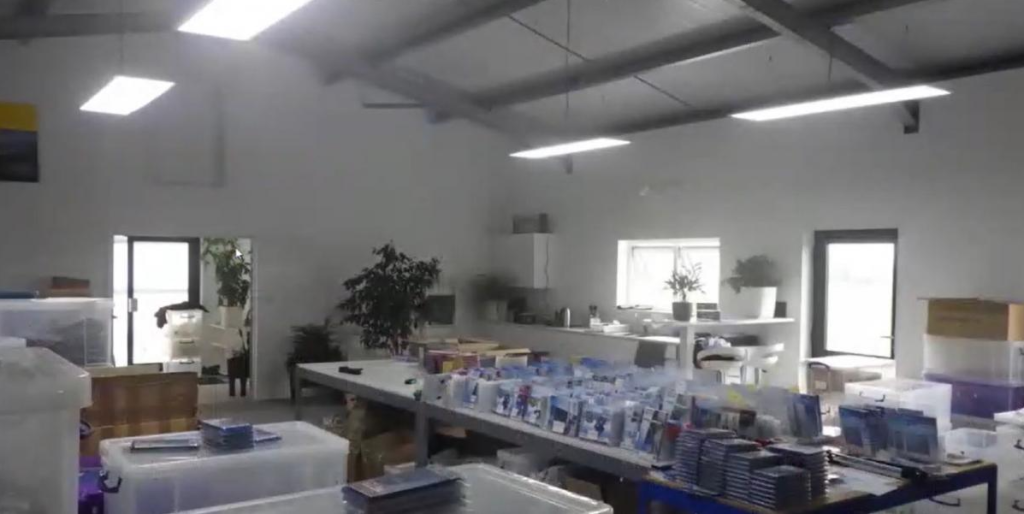
At the December meeting, members heard from agent Wyn Harries his client’s business, selling into Holland, Belgium, Switzerland, and Germany, accounted for some 20 per cent of FRIO UK’s trade on its own.
Mr Harries spoke again at the January meeting, saying previous articles in the Western Telegraph had shown a great deal of public support for the scheme, which had no local objections, adding of the previous ‘minded to’ approval: “Comments on the Western Telegraph [story] show the general populace would be like-minded with the councillors.”
Cllr Mark Carter said: “The only comments [locally] are why aren’t they allowed to continue? It’s almost an ideal business, they are there, it’s tidy, they are getting on with it, there’s never a complaint, it is very hard to see the business that is going on there; I’m absolutely fully supportive of this family.”
Officers had, if members were again supportive of the scheme, proposed a Section 106 legal agreement condition for approval, to ensure the FRIO ASTRID storage and distribution use remains in the same ownership and control as the existing farm business.
A call by Cllr John T Davies to again go against the officer recommendation of refusal was made, supported by 11 members, with one voting for refusal.
The application will now go before a future full council meeting for a final decision, expected to be the March meeting.
Business
Cresswell Quay potato farm allowed to keep holiday let

A CALL to allow a 600-acre Pembrokeshire potato farm to keep a holiday let erected “in innocence” without permission, which is said to be essential for supporting the business, has been approved.
In an application recommended for approval at the January 13 meeting of Pembrokeshire County council’s planning committee, Mr and Mrs I and F Elliot sought permission for the continued use of a mobile unit with a veranda as tourist accommodation at Cresswell Barn Farm, Cresswell Quay.
Cresswell Barn Farm supplies potatoes to Welsh supermarkets and the site has a certified campsite.
The application was before the committee rather than being delegated for an officer decision as it was recommended for approval, subject to the completion of a Section 106 legal agreement essentially keeping it for holiday use only, despite being in conflict with the development plan and was made by a close family member of an officer in the planning service.

An officer report accompanying the application said an enforcement investigation was started way back in 2012 following a claim a caravan was located at the site and was being used for residential purposes.
That was closed in 2023; a 2022 investigation taking place after an allegation a structure on-site was being used for holiday letting.
A 2023 certificate of lawfulness application was made to regularise the breach of planning, saying the unit had been used for residential purposes for more than a decade, but insufficient information was provided to allow it, the report said.
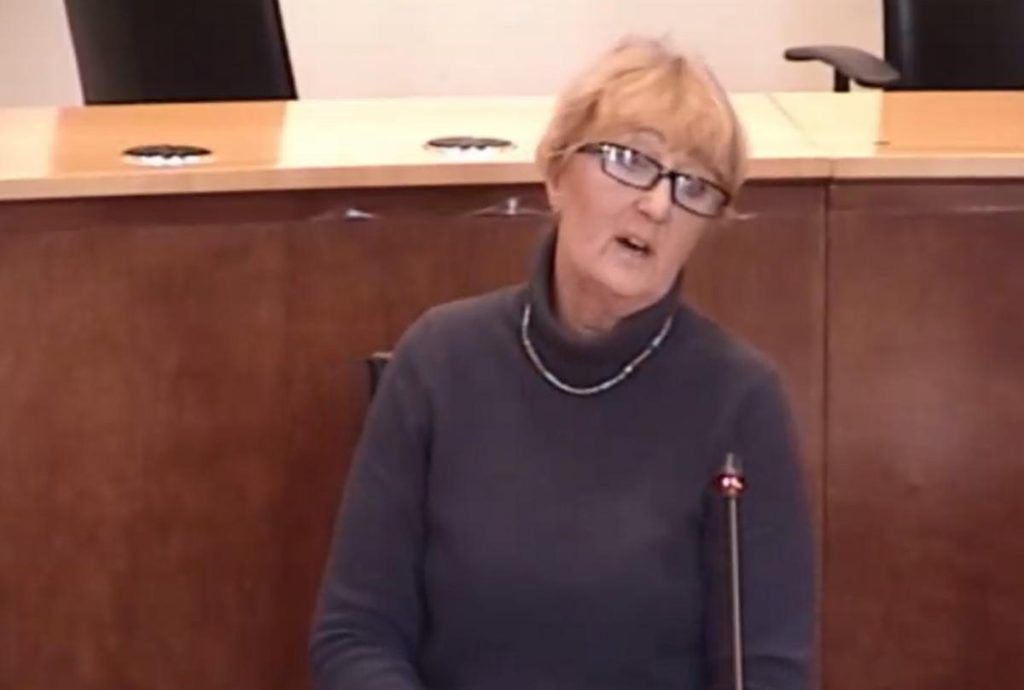
An appeal against this was later made to Planning and Environment Decisions Wales (PEDW) but was withdrawn by the applicant.
It said the enforcement action was ongoing, leading to the formal planning application.
Of the site itself, the report said: “The agent has confirmed that due to many variables, there is no typical year for the enterprise in terms of profitability and that the income generated from tourist related activities at the farm, is critical to the farming enterprise. The high-quality holiday unit therefore provides an additional income stream for the farming enterprise.”
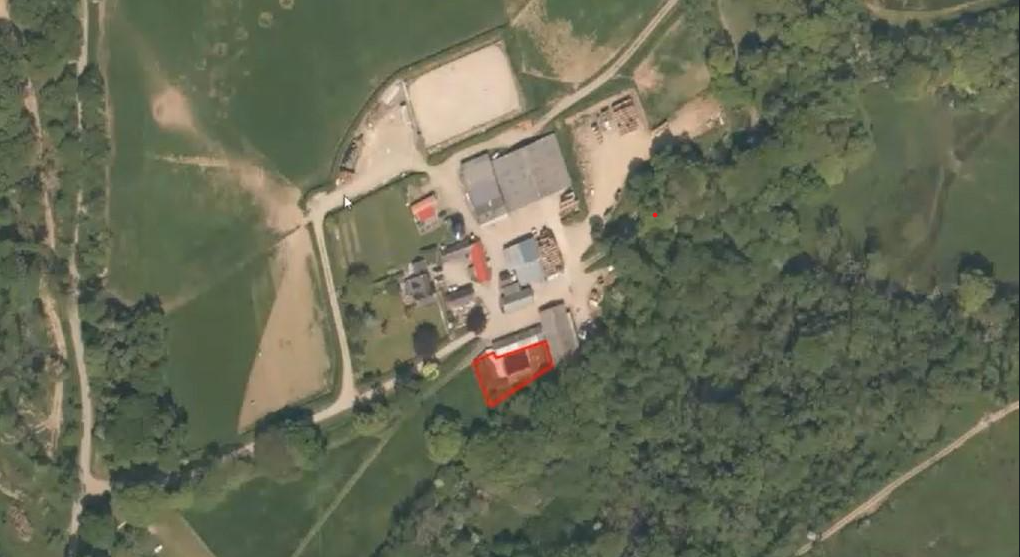
It added: “The holiday unit is located adjacent to buildings that make up the farm complex, with the accommodation offering guests an immersive rural experience that introduces them to aspects of the rural economy.
“Information submitted in support of this application confirms that the income from the holiday uses at the site is critical to supplementing the potato farming enterprise.”
Speaking at the meeting, Fiona Elliot said the holiday let was a small-scale part of the wider farm complex; the building having been on-site for some 15 years, the applicants more recently “in innocence” using it as a holiday let, which visitors have described as “five-star,” not realising they needed planning permission.
Following a call by Cllr Brian Hall to back the officer recommendation of conditional approval, members unanimously supported that.
-

 Local Government6 days ago
Local Government6 days agoDramatic start to Neyland code hearing as town clerk gives evidence
-

 News5 days ago
News5 days agoWhitland Post Office to reopen under new management in March
-

 News1 day ago
News1 day agoMilford Haven man expelled from Russia amid spy allegations
-

 News3 days ago
News3 days agoCampaigners threaten judicial review over state pension redress talks
-

 Local Government5 days ago
Local Government5 days agoCouncillor suspended for four years after tribunal finds code breaches
-

 Business6 days ago
Business6 days agoCresswell Quay potato farm allowed to keep holiday let
-

 Crime5 days ago
Crime5 days agoChristopher Phillips jailed for life for “grotesque” sexual violence against baby
-

 Education6 days ago
Education6 days agoVillage school governors publish counter-proposal on first day of closure consultation


























